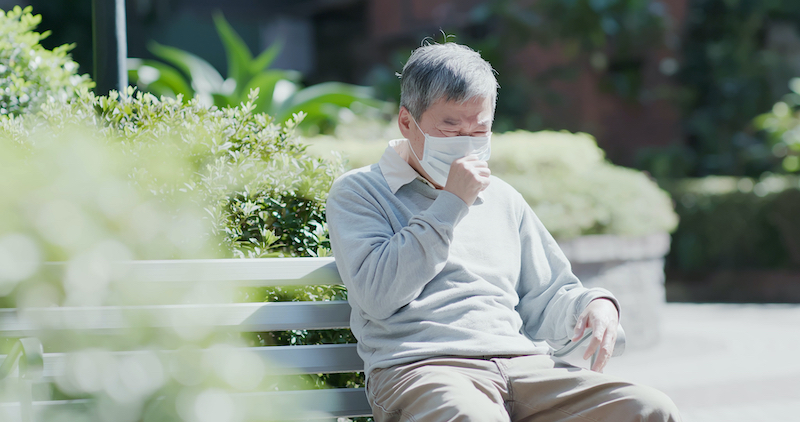


Older people are the most susceptible to serious illness and fatality from COVID-19.
As we age, we are more likely to be affected by underlying conditions that reduce our ability to cope with illnesses. Additionally, our immune systems change their response to illnesses, and together, respiratory function begins to decline. So, when faced with illnesses like COVID-19, elderly people are more at risk of developing stronger symptoms or dying as a result of the virus.
It is important that those who come into contact with elderly people (especially aged care nurses, or nursing home visitors) take a proactive approach to protect themselves from COVID-19.
General hygiene
While there is no vaccine for COVID-19, there are several hygiene measures that can be taken to prevent the virus spreading. It is especially important that older adults, and those who live and work around older adults adhere to these preventative measures:
- Washing hands often with soap and water for 20 seconds minimum, and frequently using hand sanitiser with at least 60 per cent alcohol, especially after using the toilet, and before and after eating food
- Avoiding close contact with sick people (including touching, shaking hands, kissing, and hugging)
- Not touching your eyes, mouth, and nose
- Staying home when sick or showing symptoms
- Covering coughs and sneezes with tissues (then disposing of used tissues)
- Cleaning and disinfecting frequently touched surfaces.
Health and aged care workers
Health care providers, whether they work in a health care facility, or in a home setting, must be cautious to prevent the spread of COVID-19 to elderly patients and residents.
The Australian Government Department of Health recommends carers isolate themselves for 14 days, and must not work if they have recently:
- Travelled through or from mainland China
- Travelled through or from Iran
- Come into close contact with a confirmed coronavirus patient.
Isolated carers who work in a facility must notify their employer, and those who work in home settings must organise a care alternative for their patients.
It is also recommended that people who are caring for elderly people wear a facemask to help prevent the spread of the virus.
Precautions for cleaners and cleaning
For cleaning staff, and those who partake in cleaning duties, gloves should be worn (and alcohol-based sanitiser used before and after use) to minimise the risk of being infected by COVID-19 and the spread of virus. When entering an area used to isolate an infected patient, or an area frequented by an infected patient, cleaners may wear a surgical mask as a further precaution.
Recognising COVID-19
While mild symptoms of COVID-19 occur in most cases, older adults are more likely to experience severe symptoms and illnesses, such as pneumonia. Symptoms of the COVID-19 virus include:
- Fever
- Coughing
- Sore throat
- Fatigue
- Shortness of breath.
If you, or an older person in your care, begins to exhibit these symptoms, it is important to seek medical attention. To avoid possibly spreading COVID-19, especially if you are in self-isolation, you can receive over-the-phone health advice from a telehealth provider like House Call Doctor.




